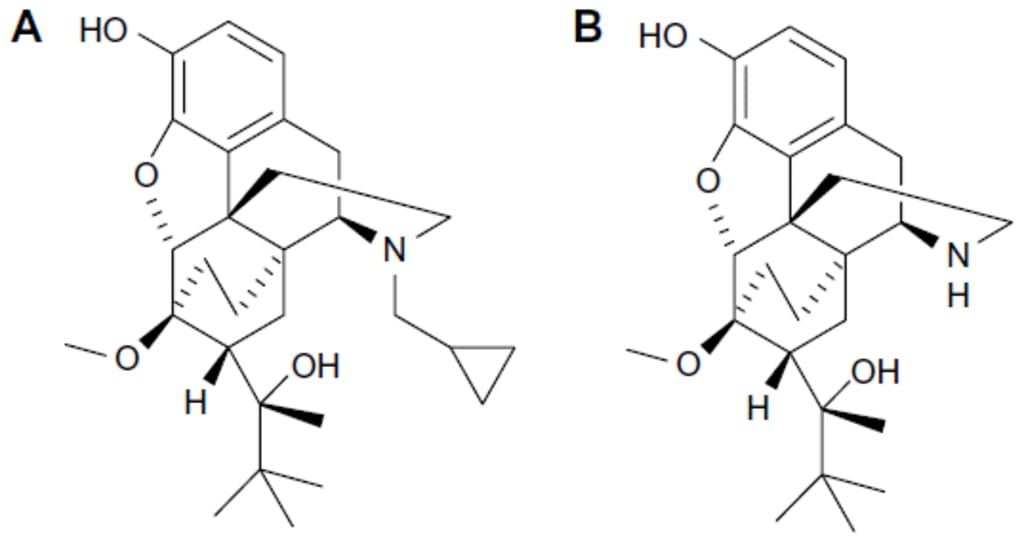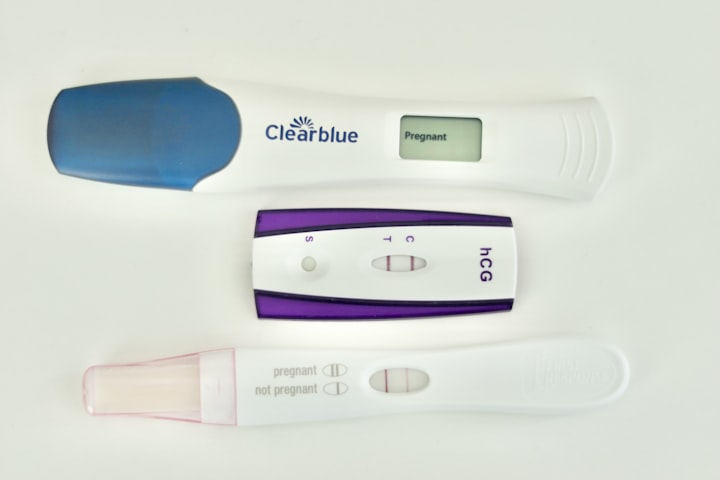What is Causing a False Positive Buprenorphine Urine Test?
Navigating False Positives in Buprenorphine Testing

Buprenorphine is a medication primarily used in the treatment of opioid addiction, helping to reduce cravings and withdrawal symptoms. It's also used for pain management in certain cases. When undergoing a urine drug test, whether for employment, medical, or legal reasons, receiving a false positive result for buprenorphine can be confusing and distressing.
Understanding the reasons behind false positives and knowing how to address them is crucial for individuals looking to book a laboratory urine drug test.
This blog post aims to shed light on the potential causes of false positive buprenorphine results and provide guidance on how to navigate this scenario.
Understanding False Positives
A false positive occurs when a drug test detects the presence of a substance that the individual has not actually taken. In the context of buprenorphine, this means the test indicates the drug is in the person's system even if they haven't used it. False positives can arise due to various factors, including the test's sensitivity, cross-reactivity with other substances, and even the test's quality.
Common Causes of False Positives for Buprenorphine
1. Cross-Reactivity with Other Medications
Certain medications can interfere with drug testing, causing false positives. Over-the-counter medications like ibuprofen or certain prescription medications may have structures similar enough to buprenorphine that they trigger a positive result. Always inform the testing facility of any medications you are taking.
2. Dietary Supplements and Herbal Remedies
Some dietary supplements and herbal remedies have been reported to cause false positives in drug screenings. Ingredients in these products can sometimes interact with the testing chemicals in a way that mimics the presence of buprenorphine.
3. Laboratory Error
Human error or equipment malfunction can lead to incorrect test results. Mislabeling of samples, contamination, or improper test procedure can falsely identify buprenorphine in a urine sample.
4. Quality of the Test Kit
Not all drug tests are created equal. Cheaper or outdated test kits may have lower specificity and sensitivity, increasing the risk of false positives. Laboratories with high-quality standards and up-to-date testing technology are less likely to produce erroneous results.
What to Do If You Receive a False Positive
1. Request a Confirmation Test
If your initial test comes back positive and you believe this to be incorrect, request a confirmation test. Confirmation tests, such as Gas Chromatography-Mass Spectrometry (GC-MS) or High-Performance Liquid Chromatography (HPLC), are more accurate and can differentiate between buprenorphine and other substances.
2. Review Your Medications and Supplements
Compile a list of all medications, supplements, and herbal remedies you are taking. Provide this list to the testing facility so they can consider potential cross-reactivities.
3. Consult a Professional
If you're facing legal or employment repercussions from a false positive test, consulting with a lawyer or a medical review officer can help. They can provide guidance on how to proceed and how to contest the results.
Preventing False Positives
To minimize the risk of a false positive, consider the following steps:
- Inform the Testing Facility: Before the test, disclose any medications or supplements you're taking.
- Choose a Reputable Laboratory: Book your urine drug test with a laboratory known for using high-quality testing methods and equipment.
- Stay Informed: Understanding the substances that can cause cross-reactivity with buprenorphine tests can help you avoid them before testing.
Conclusion
False positives in buprenorphine urine drug tests can stem from various sources, but they are not the end of the road. By understanding the potential causes and knowing how to address them, individuals can better navigate these situations. Always ensure that you're using a reputable testing facility and communicate openly about any substances you're taking that might affect the outcome. With the right approach, you can ensure that your drug test results accurately reflect your substance use.






Comments (1)
Hey there, just wanna let you know that this needs to have the disclaimer added to the beginning or ending, stating that it was created with the help of AI 😊